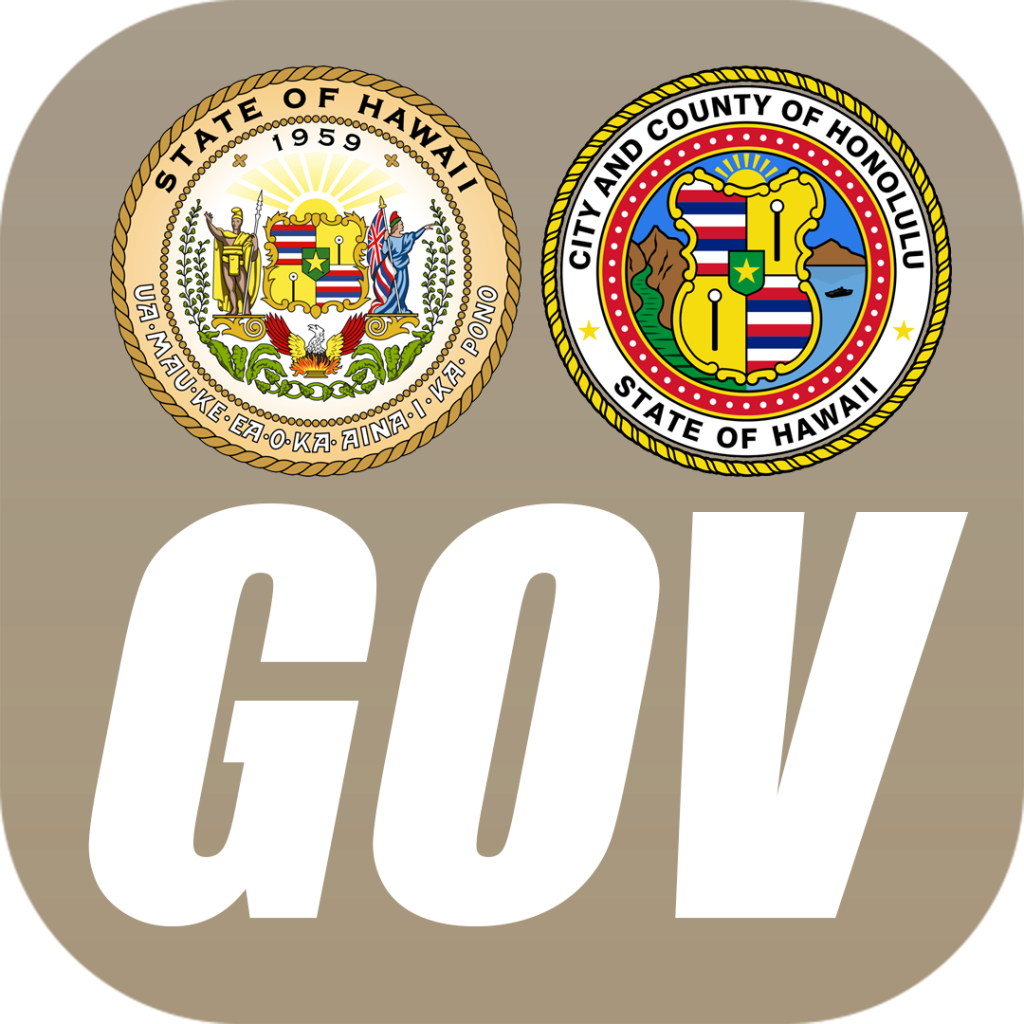Update 6-29-20
Aloha!
As promised, we will keep you regularly informed about the status of the new FCC rule on franchise-fee obligations – a rule that we believe will be devastating to community media organizations like ‘Ōlelo and silence community voices like yours.
As many of you are aware, in early April ‘Ōlelo joined the national Alliance for Community Media and state, municipal and community-access organizations across the U.S. in petitioning the Court of Appeals for the Sixth Circuit.
We hoped that the Sixth Circuit would intervene and stop the implementation of the new rule, but it declined to issue a preliminary injunction. While this was no surprise to many of us here at ‘Ōlelo, it was disappointing.
The appeals process continues, and we feel confident in our legal challenge to the new FCC rule. The case will now proceed with a hearing that is anticipated not likely to occur before the fourth quarter of this year at the earliest.
At the same time, there is federal legislation (the Protecting Community Television Act) that is pending in both the U.S. House (H.R. 5659) and Senate (S. 3218). When hearings are scheduled, we will inform you as we will need to marshal all of the vocal support that we can!
All of us at ‘Ōlelo will continue to fight the implementation of this new FCC rule. We believe that it will effectively kill hyper-local community media and the ability for O‘ahu community members like you to create, share and view local stories and events that keep us all better informed and engaged.
Please continue to visit this page for updates and more detailed information. Mahalo for your continued support.
Update 2-20-20
As reported in 2019, the FCC adopted new rules that could impact ‘Ōlelo and thousands of other access organizations across the nation. This rule can effectively kill local community media and the ability for O‘ahu community members to share and record stories and broadcast local events for all to see.
We promised to keep you updated, so below is a brief summary of the actions taken to protect our free speech and community access organizations.
The Alliance for Community Media (ACM) along with ‘Ōlelo, state, municipal and community access organizations across the U.S., supported a petition for a preliminary injunction to stay the FCC’s Third Report and Order (621 Order) in federal court. The petition seeks to maintain the status quo in terms of current franchise fee obligations. The 6th Circuit Court of Appeals is now considering the petition and the legal challenge.
Recently, congressional legislation was introduced in the U.S. House of Representatives and U.S. Senate entitled Protecting Community Television Act, H.R. 5659 and S. 3218, respectively. The legislation protects community access organizations and stations that educate and inform viewers across the nation by rolling back the FCC’s new rules.
In its new rules, the FCC changed its long-standing rule to now allow cable companies to subtract the value of certain “in-kind” contributions from the total amount the cable provider pays in franchise fees — fees used to support free speech and community television stations like ‘Ōlelo. “Under the new FCC rule, thousands of community access media organizations across the nation may have their operating budgets slashed. ‘Ōlelo has taught keiki and kupuna how to use new technology for three decades, empowering communities to create and distribute programs that inform and engage. This rule can effectively kill hyper-local media and the ability for local voices to share stories and coverage by and for their own communities. The Protecting Community Television Act will allow stations like ‘Ōlelo to continue to provide government accessibility and community engagement,” Sanford Inouye, President and CEO of ‘Ōlelo.
Senator Mazie Hirono recently stated “Community television stations provide an opportunity for diverse voices across our community to be heard. From students interviewing their elected officials to streaming local cultural festivals, community television provides an essential outlet for Hawai‘i residents to engage directly with their neighbors. I support the Protecting Community Television Act because storytelling and recording our history is essential, and we must protect our local programs accordingly.”
We will be hosting Townhall Talk Story sessions to share more about this and other impactful topics.
Thursday, May 7, 6:30pm – @ Māpunapuna Center
Thursday, May 21, 6:30pm – @ Kāne‘ohe Center
You can help shape the future of ‘Ōlelo. Please join us at your nearest or preferred Media Service Center. Light refreshments will be served.
Update 10-22-19
Aloha,
In the past, we’ve communicated with you via email and our newsletter the seriousness of the new FCC rules that will have significantly adverse impacts to Community Access. This past Sunday, together with the other Community Access organizations in Hawai’i, we took the message to the general public with the enclosed Op Ed which appeared in the Honolulu Star Advertiser. As the article notes, this is an important issue that will ultimately be resolved in the courts. Safeguarding unfettered and uncensored community voices is paramount to preserving “free speech”. To learn how you can help, please go to our website at www.olelo.org/FCC which will be updated frequently and contains information.
Mahalo for all your support,
Sanford Inouye
President & CEO
‘Ōlelo Community Media
Click here to read the Honolulu Star Advertiser article (10/20/19)
Update 8-21-19
Aloha,
To begin, I want to thank those of you who sent letters to the FCC to object to the proposed rule changes regarding cable operators “in-kind contributions.” As always your support is very important and much appreciated.
On August 1, 2019, the FCC adopted its new rules that changes how cable franchise fees can be determined for purposes of the federal franchise fee cap at 5% of cable services. Most significantly, the new FCC rules permit the value of “in-kind contributions” to offset the monetary payment of franchise fees. For example: If the monetary payment of franchise fees is $10,000, and cable operators claim “in-kind contributions” to the amount of $8,000. The cable operator’s payment of franchise fees is now $2,000. As you can see from this simple example, the effects of the new rules can and will have significant adverse impact to the operations of PEG access organizations like ‘Ōlelo.
The new rules will become effective 30 days after publication in the Federal Register. Any challenge to the rules cannot be initiated until after the rules become effective. To date, we understand the new rules have not yet been published. As you know, we have been and will continue to work with the other PEG organizations in Hawai’i and our national organization – Alliance for Community Media to address and challenge the new rules. We will also continue to keep you updated on our efforts whenever there is news to report.
This year marks the 30th anniversary of ‘Ōlelo. As we have done in the past with your help, we will continue to provide the highest level of services to you and our communities and to building capacity for the future of ‘Ōlelo to serve our island for another 30 years!
On behalf of all of us at ‘Ōlelo, Mahalo for you continued support and engagement.
All the best,
Sanford Inouye
President & CEO
‘Ōlelo Community Media
Update 12-14-18
Mahalo for submitting your comments to Docket 05-311! Although the December 14 deadline to submit comments has passed, you may still read the submitted letters below. Please stay tuned for future updates.
Aloha,
The FCC is proposing new rules to allow cable companies to offset a range of franchise obligations that may be considered “in-kind” contributions from their existing franchise fee payments. These “in-kind” contributions include basic responsibilities such as PEG channel capacity, programming transmission, connectivity to schools and public buildings, and the list goes on. If the FCC adopts these rules, franchising authorities will see huge reductions in franchise fee payments from cable operators. These fees enable Hawai‘i’s PEG providers to operate our community access channels, deliver training, and support our media centers, services and special initiatives like our Youth Xchange and Vote Informed programs. Hawai‘i’s PEG providers and Community Access Centers across the nation will be gravely impacted. In many cases, this action can eliminate entire operating budgets for PEG access centers.
Let’s protect and preserve COMMUNITY MEDIA, and STRENGTHEN OUR VOICES, NOT DIMINISH THEM! If you’ve had any experiences where community access has touched your life, or if you champion free speech, and have concerns about diminishing or eliminating public benefits provided under the Federal Communications Act and cable franchise agreements in Hawai‘i, we strongly urge you to share your story about the impacts these proposed rules could make to you and your community. Comments can be filed with the FCC on or before midnight (Eastern) on November 14, 2018 and reply comments before midnight (Eastern) on December 14, 2018.
WHY THIS MATTERS
- Reduction of Cable Franchise Fees and PEG Impacts
All “cable-related, in-kind contributions,” other than PEG capital costs and build out requirements, would be treated as “franchise fees.” Cable operators will be able to reduce their current franchise fee payment by “fair market value” of all in-kind contributions. What could be considered in-kind?
• PEG channel capacity – 4 linear and 2 Video On Demand channels on ‘Ōlelo
• Transmission of PEG programming (connectivity from ‘Ōlelo to cable operator headend)
• Complementary cable services to schools and other public buildings
• Institutional networks (dedicated point to point government communications network)
• Discounts for senior citizens or economically disadvantaged groups
- Accommodations for hearing impaired subscribers
- Critical to the exercise of free speech is the platform ‘Ōlelo provides through noncommercial programming aired on PEG access channels and produced by, for and about the community. Key to promoting civic engagement, PEG access is a benefit to cable subscribers and cable operators, providing unique, hyper local programs not available on competing systems such as broadcast, satellite and wireless video providers. This benefit can quickly diminish or be forever lost.
- What are the effects of the proposed rules? The shrinking of franchise fees means the shrinking of PEG access services and resources to the community. The FCC’s proposed rules would rewrite cable franchise agreements to reduce or even eliminate franchise fee payments without any corresponding increase of services by the cable operator. Moreover, local franchising authorities may have to reduce or eliminate so called “in-kind contributions” such as PEG channel capacity to maintain franchise fee payments, which could very well mean fewer PEG channels or no channels, faultier transmission, eliminating connectivity to schools, eliminating current PEG services, etc.
- These rules would be applied to state-level franchising actions, not just local franchising. In other words, state video franchising laws as we have here in Hawai‘i may be impacted; don’t assume state franchising laws will protect franchise fees or PEG channels
- If you, your family, organization, agency or business has benefited from a community access program or service, it may not exist once these rules are applied. PEG access may not exist once these rules are applied.
For more information or help with submitting your comments to the FCC, please call (808) 237-2124 or email ‘Ōlelo’s Community Relations department.
RESOURCES
Docket 05-311 Filings Official Comments City Council Resolution
NATOA Summary of FCC’s 2nd FNRM on Cable Franchise Fees
Help us spread awareness of this issue by sharing the following video and/or this image with your social network:
Congressional Delegates Contact Information
US House
Rep. Ed Case
422 Cannon House Office Building
Washington, DC 20510
Ph: (202) 225-2726
Fax: (202) 225-0688
Email: edcase@edcase.com
Rep. Tulsi Gabbard (D-2nd)
502 Cannon House Office Building
Washington, DC 20510
Ph: (202) 225-4906
Fax: (202) 225-4987
Email: TulsiOffice@mail.house.gov
US Senate
Senato Mazie K Hirono
730 Hart Senate Office Building
Washington, DC 20510
Ph: (202) 224-6361
Fax: (202) 224-2126
Web: www.hirono.senate.gov/contact
Senator Brian Schatz
722 Hart Senate Office Building
Washington DC 20510
ph: :(202) 224-3934
Fax: (202) 224-3934
Web: www.schatz.senate.gov/contact









